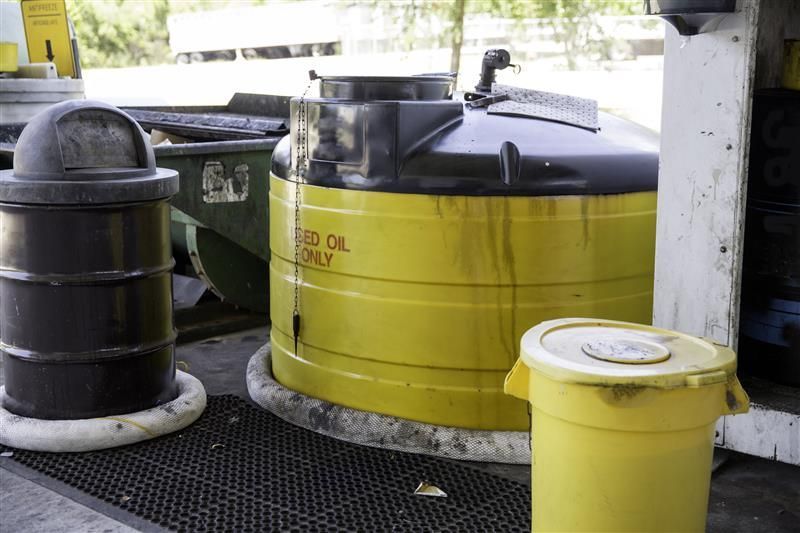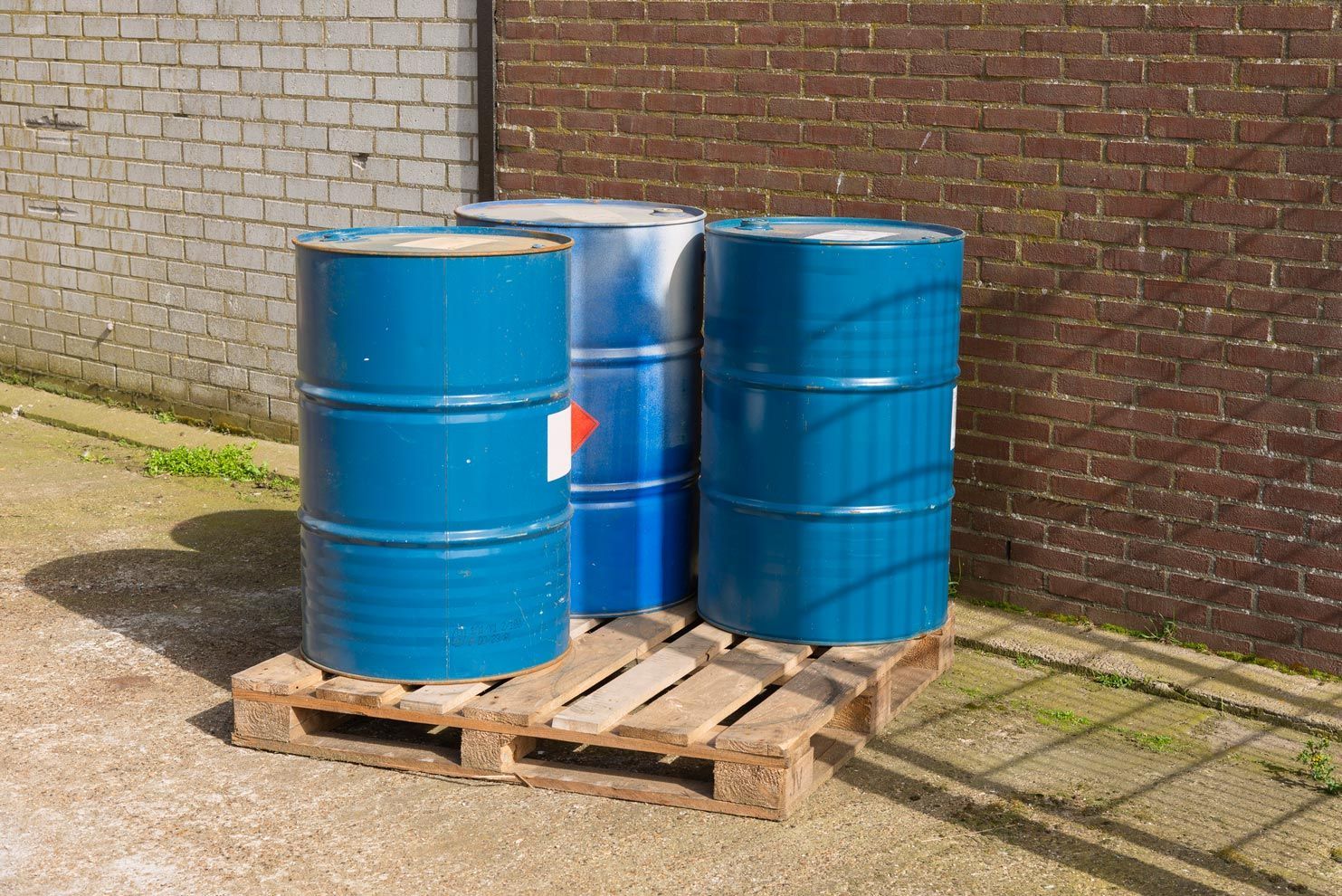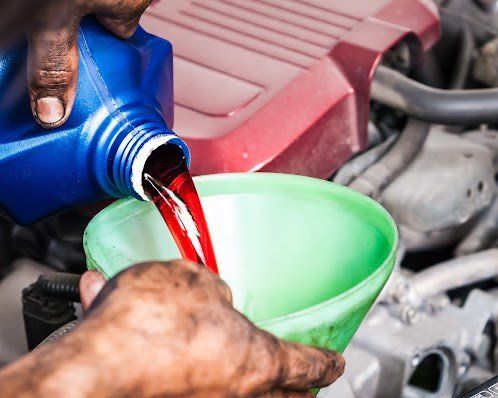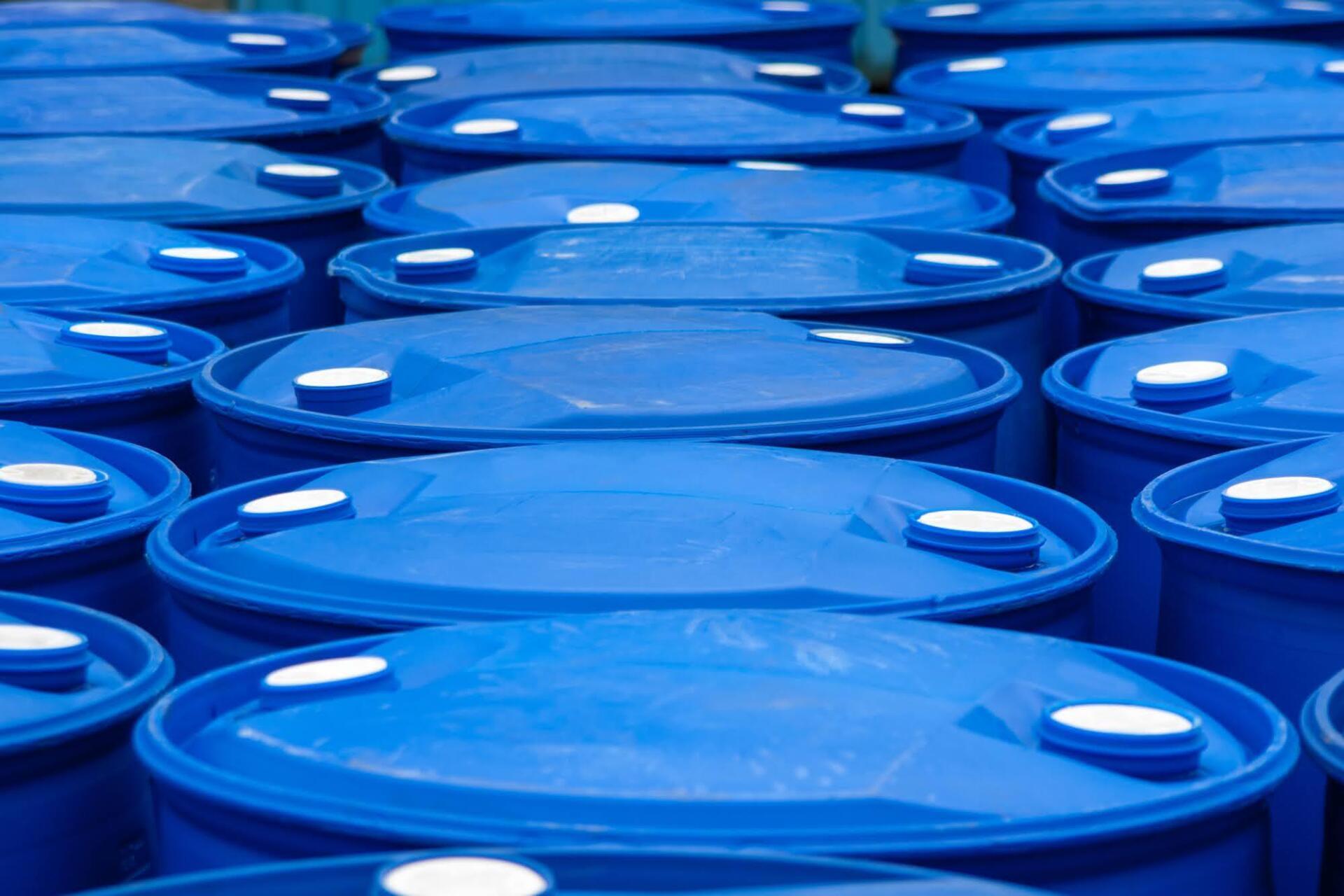4 Reasons to Use Recycled Wastewater and Oil in Your Business

In today's technologically advanced world, the success of your business can be an uphill task without the proper steps. However, the success of your business almost always depends on using materials sparingly while maximizing their benefits.
For instance, when oil is recycled and reused, it's a sure-fire consideration for producing biodiesel fuels that are clean, safe, and also help reduce pollution. At the same time, recycling used oil and wastewater minimizes carbon dioxide emissions, which also reduces air pollution. Below are reasons why using recycled oil and wastewater is essential.
1. Cutting Down Expensive Costs During Water Shortages
Running a large or small business demands a continuous availability of water. Unfortunately, a slight lack of water can be the reason for unpredictable losses. Whether your business deals with electronics or food processing, you'll likely always need water for continuous production.
For example, you'll need water to produce chips used daily in computers, automobiles, and cell phones in the semiconductor manufacturing business. In this business, you'll use water known as ultrapure water.
During these processes, the water here removes impurities from different materials, such as silicon wafers. On top of that, waste is also an essential commodity in industries such as oil production, paper mills, and automobile cooling systems.
Also, water is a raw material in producing and extracting oil contents and products in petrochemicals and refineries. As a result, recycling wastewater helps automobile and other electronic-based businesses make more products without hassles, especially when there are shortages.
2. Improving Business Sustainability
In business terms, sustainability means staying focused on meeting the present needs of your business without adversely affecting the ability of such a company in the future.
In a nutshell, business sustainability means ensuring the business operates positively on its economic, environmental, and social components. For example, during wastewater screening treatments, the aim is to remove large items from valves, pumps, and equipment.
On top of that, a screening wastewater treatment screens out extensive contents from getting into sewer systems and pipes, keeping such systems in their best conditions for a long time. This way, recycling wastewater helps increase the lifespan of different equipment, thus increasing their sustainability.
3. Reducing the Daily Need for Fresh Oil and Water Supplies
Almost every business demands a constant fresh oil and water supply. If, for example, you're in the agricultural industry, you probably need a large amount of water daily. Similarly, if you're in the automotive business, you'll need a larger daily oil supply. Luckily, recycled and treated wastewater can relieve the stress of demanding freshwater and oil daily.
Recycled oil and wastewater reduce the expensive costs of digging groundwater and reservoirs. Also, you won't need to search for underground oil, which is also automatically expensive than recycling used oil.
4. It Reduces the Costs of Transporting Oil and Water
When you don't have readily available water and oil onsite, you'll likely spend more money transporting them to your business site. However, with recycled wastewater and oil onsite, you'll automatically reduce the transportation costs of these commodities.
The Best Way to Benefit From Recycled Oil and Wastewater
If you're a small business, lack the proper recycling equipment, or have a tight budget, it can be challenging to benefit from recycled oil and wastewater. However, working with professionals from an oil and wastewater recycling company will help reduce these expenses and will likely help you profit from these commodities without hassles.
At Denver Oil, you'll always find recycled oil. Contact us today for used oil services, especially if you're in the automotive, metalwork, or manufacturing industries. We look forward to providing you with a quality customer service experience.










